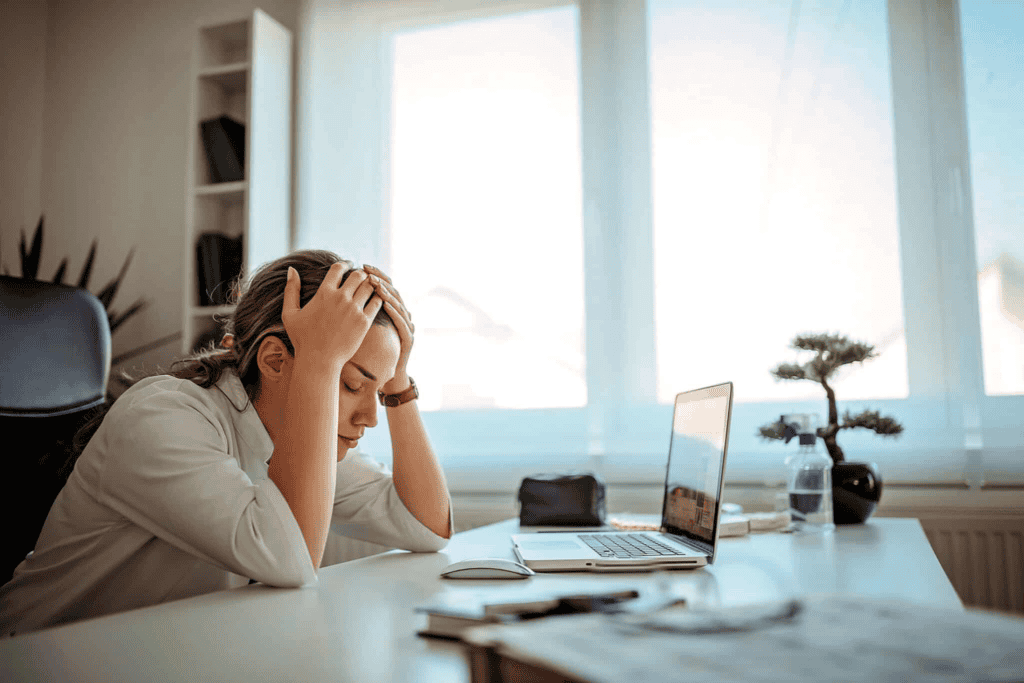SAD: More Than Just Winter Blues

What is Seasonal Affective Disorder (SAD)?
Also known as “winter depression,” Seasonal Affective Disorder (SAD) is a type of depression that comes and goes in a seasonal pattern. It is most commonly experienced during fall-winter, but some experience symptoms during spring-summer.
Symptoms may start out mild and become more severe as the season progresses.
What causes SAD?
While the exact cause of SAD isn’t fully understood, the reduced level of sunlight in the fall and winter is thought to play a key role. The lack of sunlight may disrupt the body’s internal clock (circadian rhythm) and cause a drop in serotonin, which affects our mood, appetite and sleep. The change in season can also disrupt our production of melatonin, which affects our sleep patterns and mood.
Especially here in Canada, long, dark winters can have a significant effect on people who are vulnerable to this type of winter-onset depression.
Symptoms can include:
- A persistent low mood
- A loss of pleasure or interest in normal everyday activities
- Irritability
- Feelings of despair, guilt and worthlessness
- Feeling lethargic, sluggish and/or sleepy during the day
- Sleeping for longer than normal and/or finding it hard to get up in the morning
- Craving carbohydrates, leading to weight gain
- Difficulty concentrating
- Decreased sex drive
- Having thoughts of not wanting to live
SAD isn’t just “something that goes away on its own”, and can get worse if left without attention, potentially leading to:
- Social withdrawal
- Work performance problems
- Increased substance use
- Other mental health disorders
What can you do?
- Light therapy: Light box/lamp exposure within the first hour of waking- mimics natural outdoor light and appears to cause a change in brain chemicals linked to mood
- Lifestyle adjustments: Get as much natural sunshine as possible, strive to maintain a routine that includes time spent outside, and body movement
- Dawn simulator: Alarm clocks that gradually increase light to mimic the sunrise
- Prioritize social activities: social connectedness is one of the leading protective factors against depression
- Therapy: Learn healthy ways to cope and manage stress, change negative thoughts/behavior that may be making you feel worse
- Medication: anti-depressants may help, but consult with your GP
- Take vitamin D: Vitamin D is produced in the skin when it’s exposed to sunlight and help to boost serotonin activity, consult with a healthcare professional.
- Monitor alcohol intake: Alcohol is a central nervous system depressant, which may worsen depressive moods
- Start a journal: Get out your thoughts, feelings, and track what your grateful for
- Set boundaries: If you need to RSVP no to an event, that’s ok
Resources
Seasonal affective disorder (SAD) | Mayo Clinic